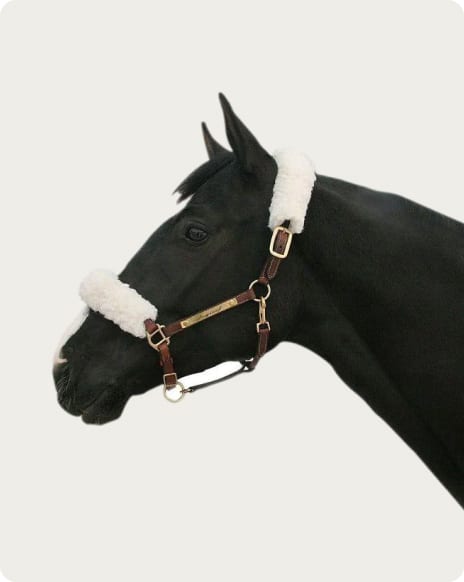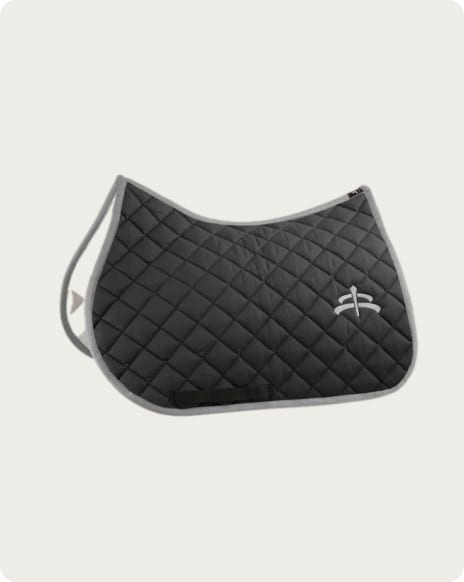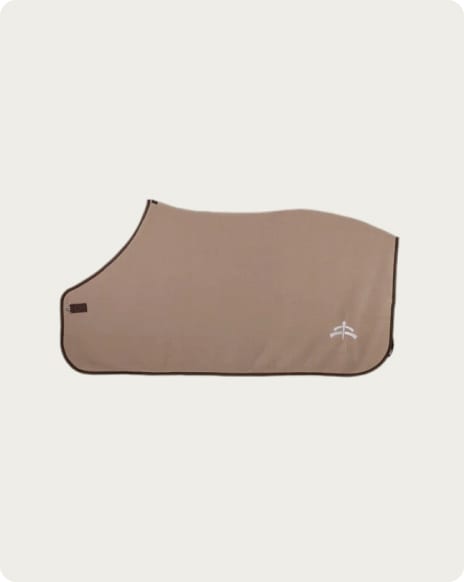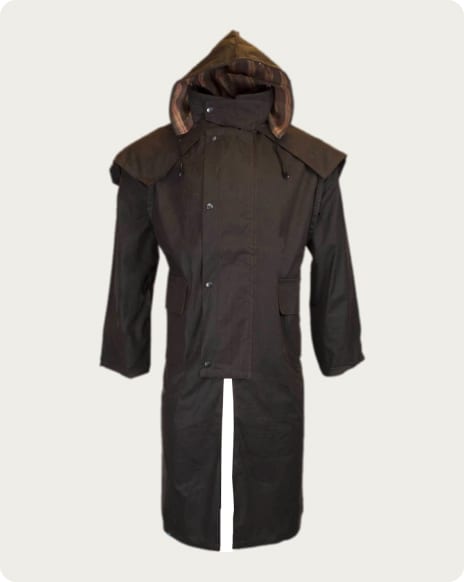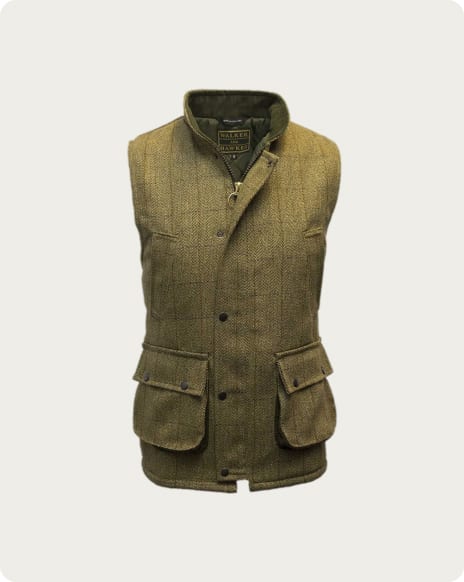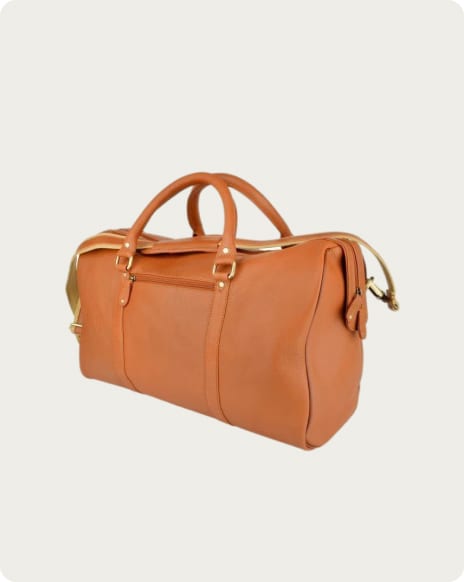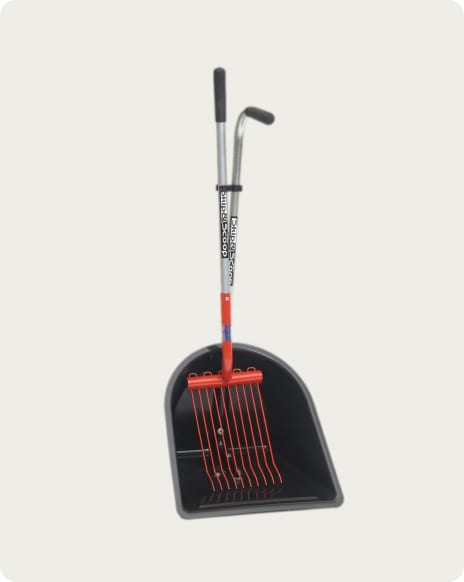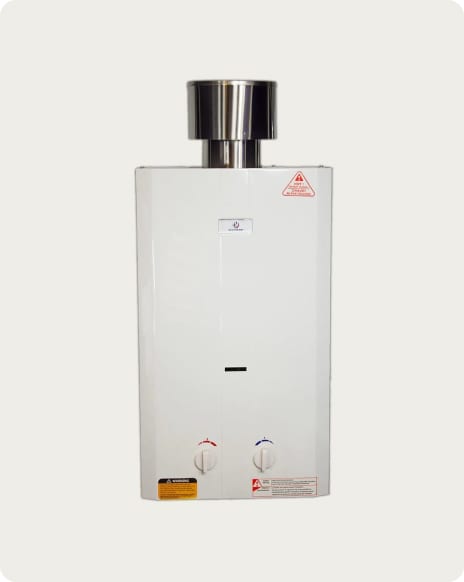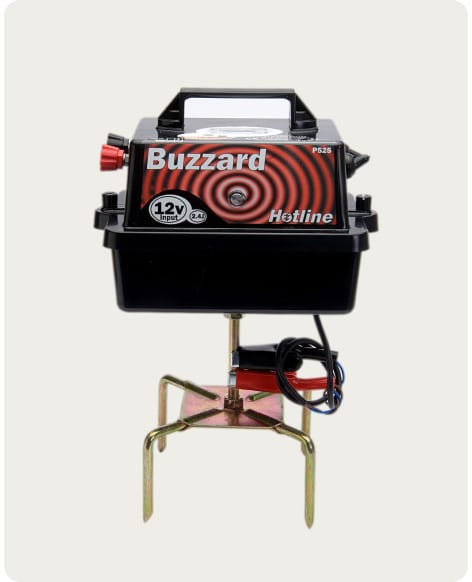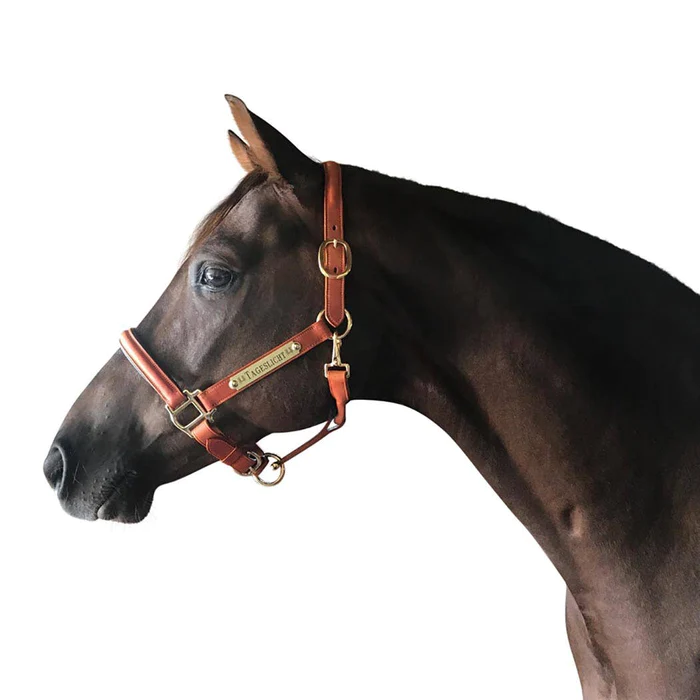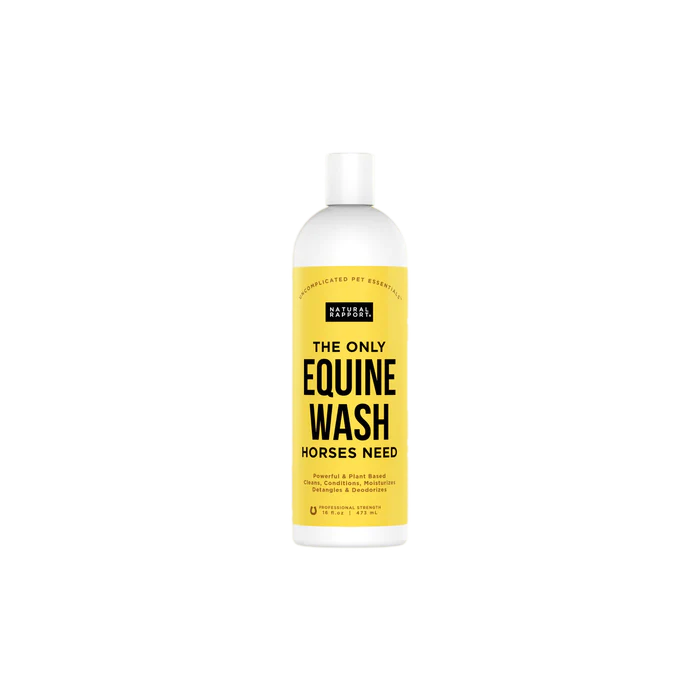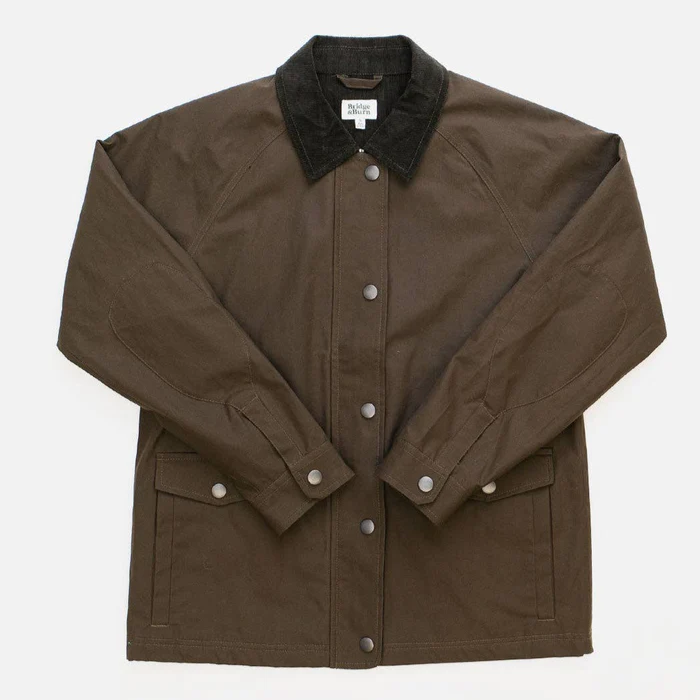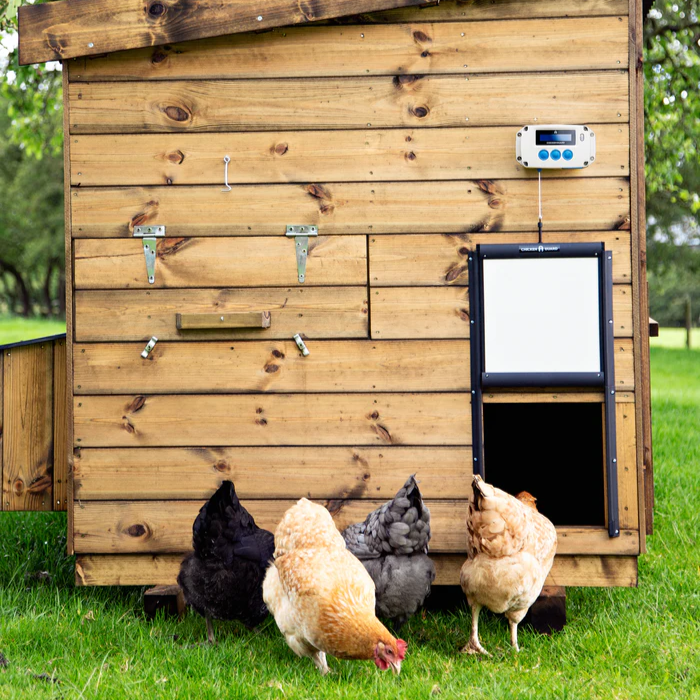You may have the perfect electric fence tape (or wire, or rope), the sturdiest electric fencing posts, the safest insulators, the most accurate electric fence tester, a great fault finder and a backup meter or indicator to boot, but unless you invest in the reliable joints that keep your fence in one continuous electric system, that powerful voltage isn’t going anywhere.
Those “joints” - the connectors, joiners, and tensioners of your fence system - act as links of continuity that keep your electricity flowing and your fence line stretched tense. The best energisers in town can’t guarantee that the current they generate will make it through the end of an electric system, but that’s where the little connectors and tensioners deliver their promise!
Now you may ask: to make sure you’re the most “well-connected” person around, where can you find the best quality equipment for the lowest price? If you’re in the mainland UK, consider skipping a long drive to the hardware shop and buy from us online.
We carry only the highest quality of fencing material - that made by Hotline Electric Fencing UK - so we know you won’t need it, but besides free delivery, you can rest assured that you have a 30 day return period.
How to Choose & Use?
Connectors, joiners and tensioners constitute the backbone of your electric fencing system; without a way to link your ropes, wire or tape, there would be no continuity in your electric fence and therefore no way to keep your four-legged friends in their proper pastures.Since these joints in the fencing are so integral to your electric system, how do you go about choosing and using quality equipment? With connectors, joiners and tensioners, your first step is easy: all of these accessories are made according to what type of material you’re using for your fence, so you will initially narrow down your options based on whether ropes, tape, or wires are your conductor of choice.
Once that choice is made, you’ll want to consider what style of each accessory will suit your needs or preferences. For example, certain types of tensioners are great for end of line use, while others can sit anywhere on the line. Specific connectors are used for line to line connection, while others are intended for joining one end of the rope to another for continuity purposes.
Once you determine exactly what instrument you need, installing them on your fence will be a breeze as long as you follow the instructions provided with each piece of equipment!
Connectors
Do you have two or three lines of rope, wire or tape that you would love to connect with each other, thereby ensuring that your current stays current along your fence line? Allow connectors to do the work: these nifty pieces of equipment act as vertical allies to your horizontal fence lines.
The parallel nature of your fence lines means that your individual lines, working so hard to keep those critters in line, never intersect each other. By transferring electric energy between them, connectors allow your lines to work in tandem in teams of two or three. Our tape to tape, wire to wire and rope to rope connectors all do the job as emissaries between energy lines.
If you’re looking to connect only along a single line, our twin bolt connector guarantees durability and constant current from end to end!
Joiners
Joiners are similar to connectors - the only difference is that they don’t include devices that connect line to line. If you’re the proud owner of an electric tape fence, tape connection buckles act as simple joiners that conduct electricity between the ends of two tape lines.
Our electric rope joiners promise that the quality of current streaming through your rope remains unbroken, and they’re so straightforward that you simply require a screwdriver to set them up.
Alternatively, if you value the small things in life and your fence happens to be made of galvanised wire, consider a bolt joiner. They’re tiny, but these heavy-duty nuggets will keep your fence secure and unbroken. Whatever material you use, joiners are a go-to accessory that creates an essential support system for your fence.
Tensioners
Tensioners are used to - you guessed it - ensure that your fence material remains taut so that no wayward animals become entangled in wire or decide a low-hanging rope is a jump. There are two main types: ratchet tensioners and in-line tensioners.
Ratchet tensioners are ideal for end of line installation, as the toothed wheel permits them to spool up loose galvanised wire in one direction so that your fence stays taut as a tightrope. In-line tensioners are great for installation along the fence line and can be made of varying materials - nylon and aluminium being the most popular.
Our variety of in-line tensioners accommodate poly wire, tape and rope and come in packs of at least four, giving you the opportunity to both save and have some spares on hand.



